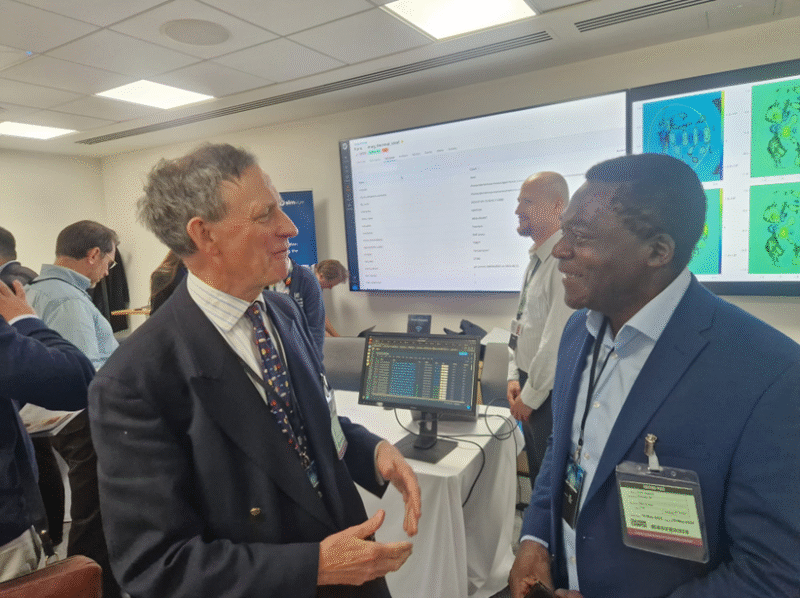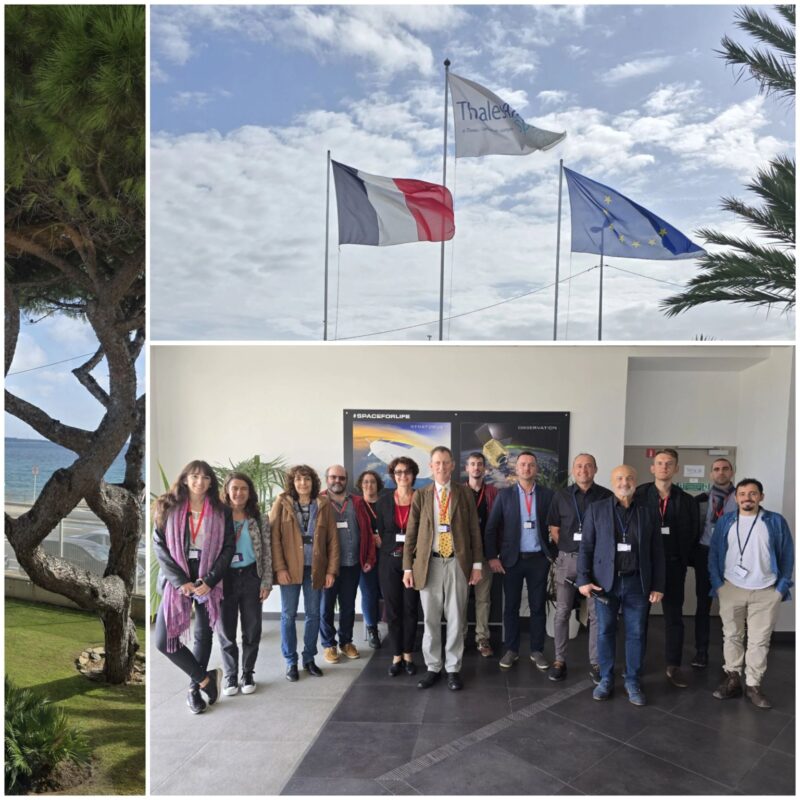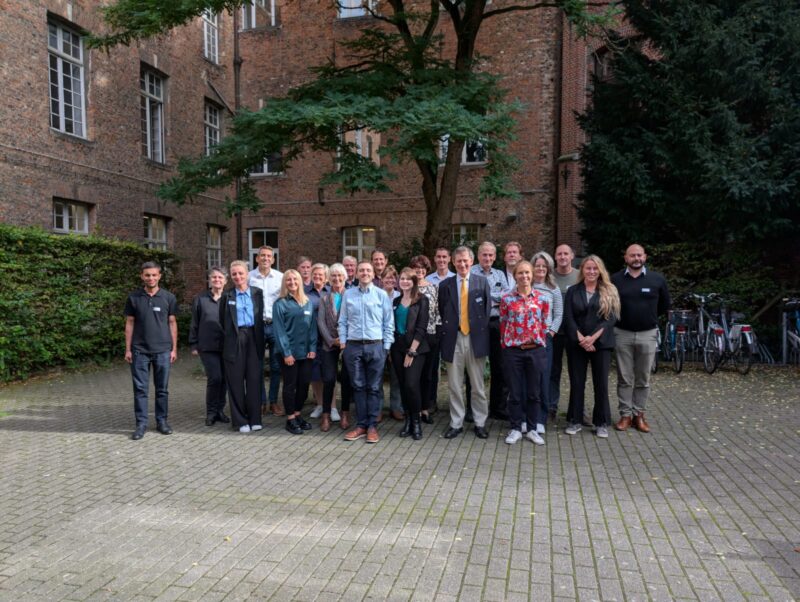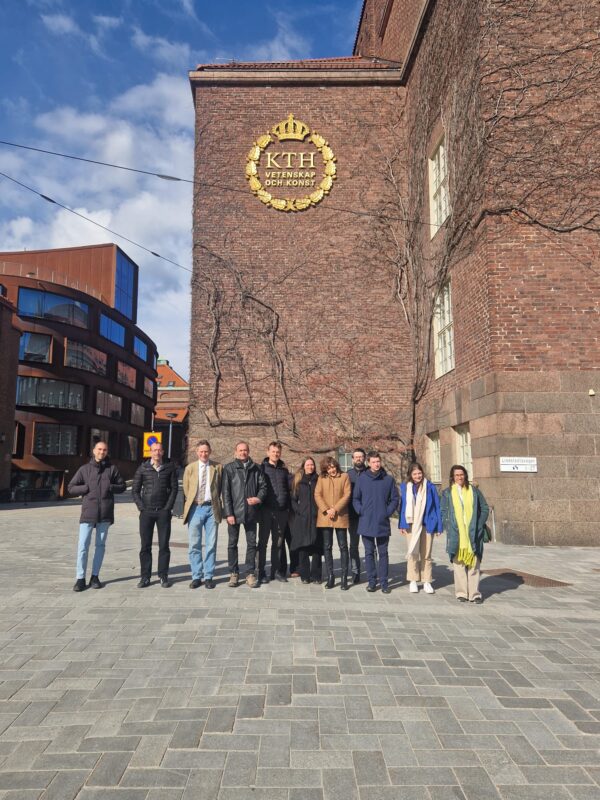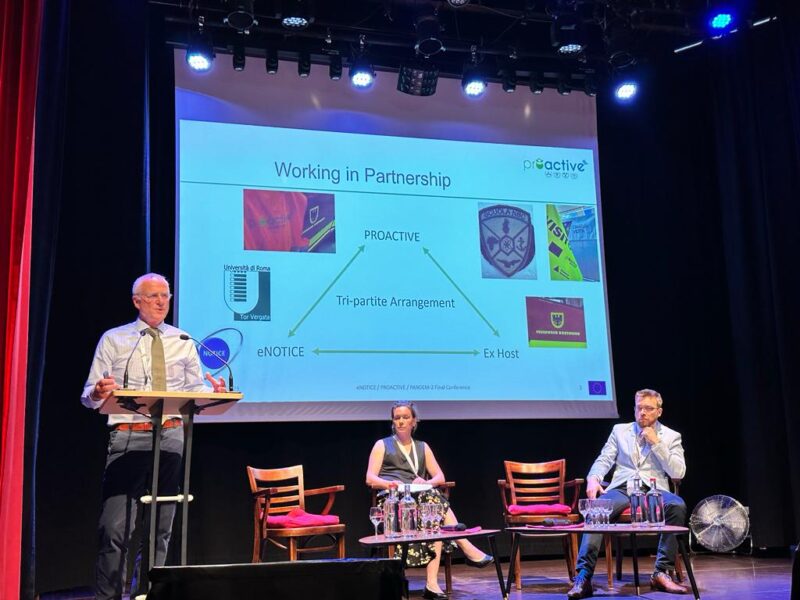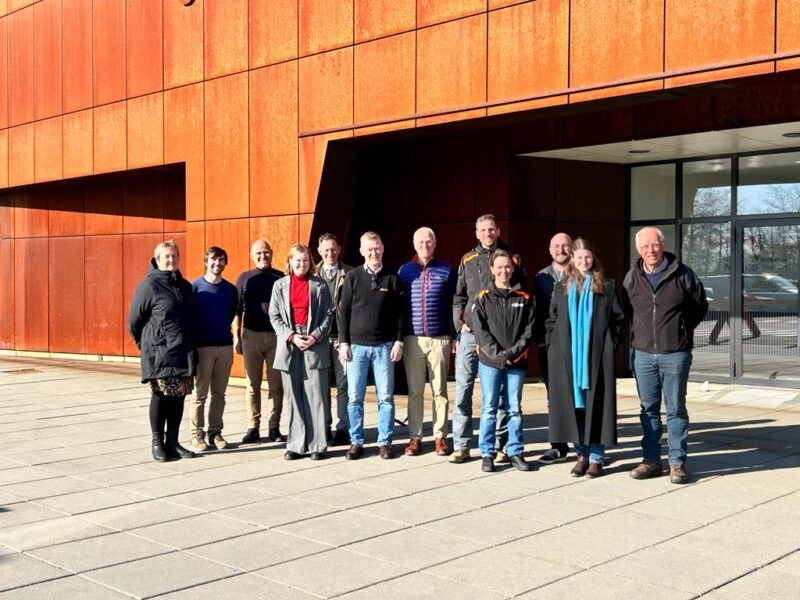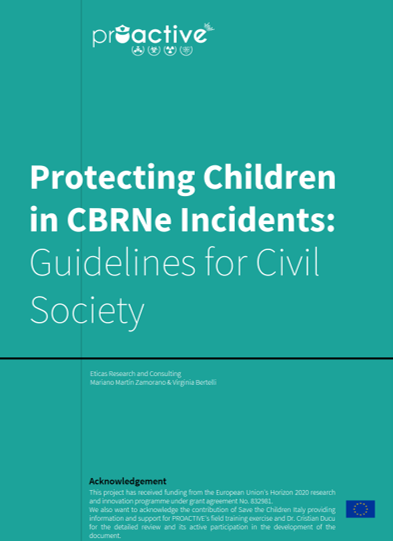PROACTIVE EU project held its third field exercise, organised by Campus Vesta, in conjunction with project eNOTICE, CBRNE Ltd is the Project PROACTIVE partner leading Work Package 6 with overall responsibility for organising the three field exercises. The previous two were in Dortmund (Germany) and Rieti (Italy).
The EU H2020 funded project PROACTIVE (“PReparedness against CBRNE threats through cOmmon Approaches between security praCTItioners and the VulnerablE civil society”), coordinated by the UIC Security Division, held its third field exercise, organised by Campus Vesta, in conjunction with the EU funded H2020 project eNOTICE.
The event took place on 13 May in Ranst, Belgium as part of the multidisciplinary disaster exercise which Campus Vesta, the Training Center for police officers, firefighters and medical emergency personnel of the Province of Antwerp, organises annually as the final exam of their Post Graduate course on Disaster Management. PROACTIVE consortium partners worked together with Campus Vesta in the planning and execution of the exercise.
The joint action was an inter-agency exercise, with a scenario capable of involving all five Belgian disciplines for emergency response: fire brigade, medical services, police, civil protection and communications.
The CBRNe scenario used in the exercise was based on disgruntled students at a bio technological university who had recently been expelled, and as such they decided to take revenge and maliciously attack the university. The university had received threats from the disgruntled students stating that the university would soon get “a taste of their own medicine.”
During a reception gathering at the university, around 50 guests who had been offered cheesecake start getting sick. The university immediately calls the emergency services. Unbeknownst to them, the disgruntled students had contaminated the cakes with a biological agent. At about the same time that symptoms develop, those same students show up at the reception and throw an unknown powder over the guests.
This meant the first responders had a complex situation to address when arriving at the scene.
A unique feature of this exercise is that project PROACTIVE involved members of the public as role play volunteers, or in this case, as the “guests” at the reception. Doing so is different to the frequently used practice in training exercises when experts or actors play the role of the victims. In this joint exercise, the volunteers who played the role of the victims were civilians with no prior knowledge of CBRNe incidents. Out of these, several of the volunteers represented vulnerable groups, such as older persons, persons with vision or hearing impairments, or persons with reduced mobility. A service dog was also present in the group of victims.
The volunteers underwent triage and some of those exposed to the powder underwent decontamination. All the involved practitioners experienced first-hand the additional technical and communication challenges linked to the decontamination process of persons with vulnerabilities. Overcoming these gaps is in line with PROACTIVE’s main goal, which is to increase practitioner effectiveness in managing large, diverse groups of people in a CBRNe environment.
The exercise presented an opportunity for first responders to personally experience the needs and expectations of civil society. The exercise also allowed PROACTIVE to observe key challenges for future scenarios that will be addressed further in our project. Lessons learned were collected through debriefing workshops just after the exercise.
PROACTIVE project has received funding from the European Union’s Horizon 2020 research and innovation programme under grant agreement No. 832981. eNOTICE project has received funding from the European Union’s Horizon 2020 research and innovation programme under grant agreement No. 740521.

